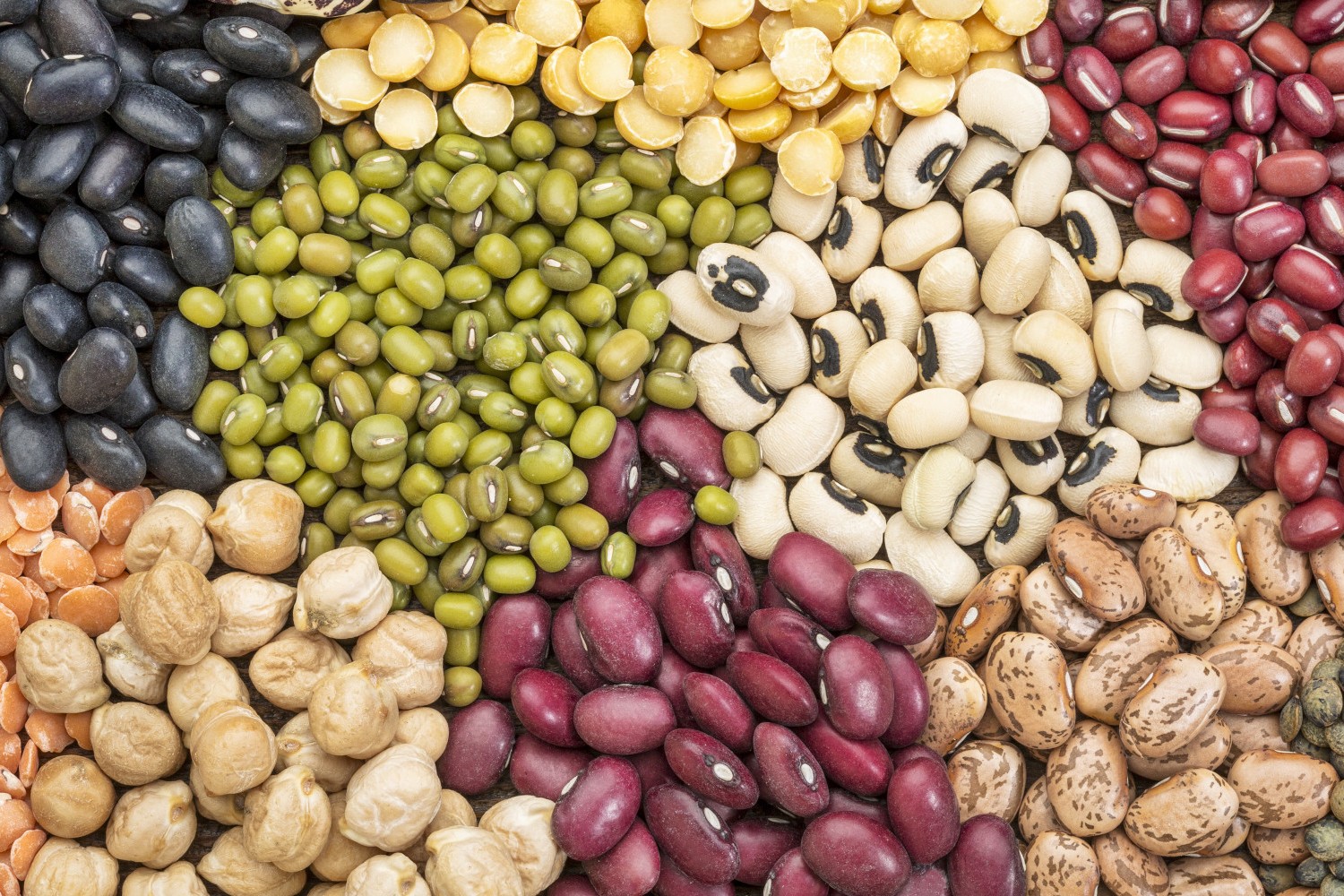Passover has been described as the “Independence Day of the Jewish People”—the day of our national liberation. It is possible to describe the exodus from Egypt as the moment Jewish peoplehood was founded.
The fact that the holiday precedes Shavuot—the date of the giving of the law, our Torah—should tell us something about how our national identity comes even before our religious identity.
In fact, it could be argued that our purely religious identity, as a religion or faith, even the term Judaism itself, are very modern constructs, and not rooted in our tradition. Divorcing peoplehood, national unity, purpose and destiny from our daily existence and rituals were unfortunate corollaries of our Diasporic existence.
However, after experiencing our most recent independence during the last century with our people’s return to our indigenous and ancestral land, re-establishing Jewish sovereignty, it’s time to reshape our priorities.
Perhaps more than any other, Passover, or Pesach, has become a divisive holiday rather than a unifying one. Different types of Jews keep very different stringencies during the holiday regarding what they can consume, touch or even share the same room with.
Nowhere is this more apparent than in the debate surrounding kitniyot,referring largely to legumes, but may also include grains and seeds such as rice, corn, sunflower seeds, sesame seeds, soybeans, peas and lentils, which Ashkenazi rabbis forbade their communities from consuming some time during the early medieval period.
The problem arrives when people associate kitniyot with outright chametz (leavened goods), which obviously no Jew may eat during Pesach. I have often seen many Ashkenazi Jews recoil when seeing a Jew eating humus or rice on Pesach, and will not even sit at the same table with them.
Firstly, they are missing the point of the holiday; and secondly, they are ignoring a very serious ruling about unity.
Rav Ovadia Yosef (Teshuvot Yechaveh Da’at 5:32) rules that an Ashkenazi Jew may eat non-kitniyot food at a Sephardi Jew’s home on Pesach. He does not require special utensils that have not been used for kitniyot for the Ashkenazi guest. He bases his opinion on a similar ruling of the Rama (Orach Chaim 453:1), the main decisor for Ashkenazim, who states that “it is obvious that if kitniyot fell into food during Pesach, they do not render the food forbidden post facto.”
Sadly, many observant Ashkenazim will not visit the homes of Sephardim during Pesach because of these unnecessary strictures.
Pesach, among certain Ashkenazim, seems to be an occasion where many will seek to bid to outdo the next on their strictures. Some won’t eat fruit because of the chemicals that were used to grow them. Some will only eat matzah in a bag lest some liquid spill and make it inadvertently “rise.” I have even heard of some Jews who will not spit during Pesach just in case the spittle should land on matzah and make it rise.
What one decides to do individually is obviously a deeply personal issue. However, if their strictures compromise the unity of the Jewish people, especially when celebrating a time when we became a people, then sadly they have not been paying even enough attention when learning our sources.
‘It would have been sufficient’
All throughout the Passover Haggadah (or aggadá as pronounced among some Sephardim), the text refers to the miracles and history that happened to “us,” never “me.”
The text is supposed to enthuse in us a feeling of unity, of one people.
In the “Dayenu” hymn, we list all the wonders that God did for us when we left Egypt. After each of the 15 stanzas, we say, dayenu: “It would have been sufficient.”
One of the stanzas says: “If He had brought us to Mount Sinai, but not given us the Torah, dayenu!” This appears confusing. If we had not come to Mount Sinai and not received the Law, what would have been the point?
The biblical commentator Rashi points out that the word the Torah uses, vayichan, is in the singular tense “he camped,” rather than “they camped,” to express the people’s state at the foot of the mountain.
This, Rashi explains, denotes that the entire nation encamped there as one person with one heart.
The song tells us that if all that was accomplished was the Jewish people standing united for one moment, this in itself is an accomplishment of amazing worth and worth celebrating, even if we had not ever received the precepts and conditions for Jewish communal life.
Coming together as one—and putting aside all our differences for a greater purpose—is one of the greatest and most important acts of a people and community.
This is the lesson we should learn from Pesach, and not focus our energies on that which divides us. Because if we do, we can’t see the forest for the trees.
Our traditions are a vital expression of our heritage and speak to our roots. However, when they interfere with the unity of our people—and at a time when we should be celebrating our national existence, liberation, independence and unity—then we might have to reassess our priorities.
Let’s use this Pesach to focus on what unites us as a people, so we can stand together in the face of our national and communal challenges “as one person with one heart.”
Ashley Perry (Perez) is an international strategic consultant, content manager and creator and public relations adviser to companies, organizations and individuals in a variety of fields and arenas at the highest levels globally.

























